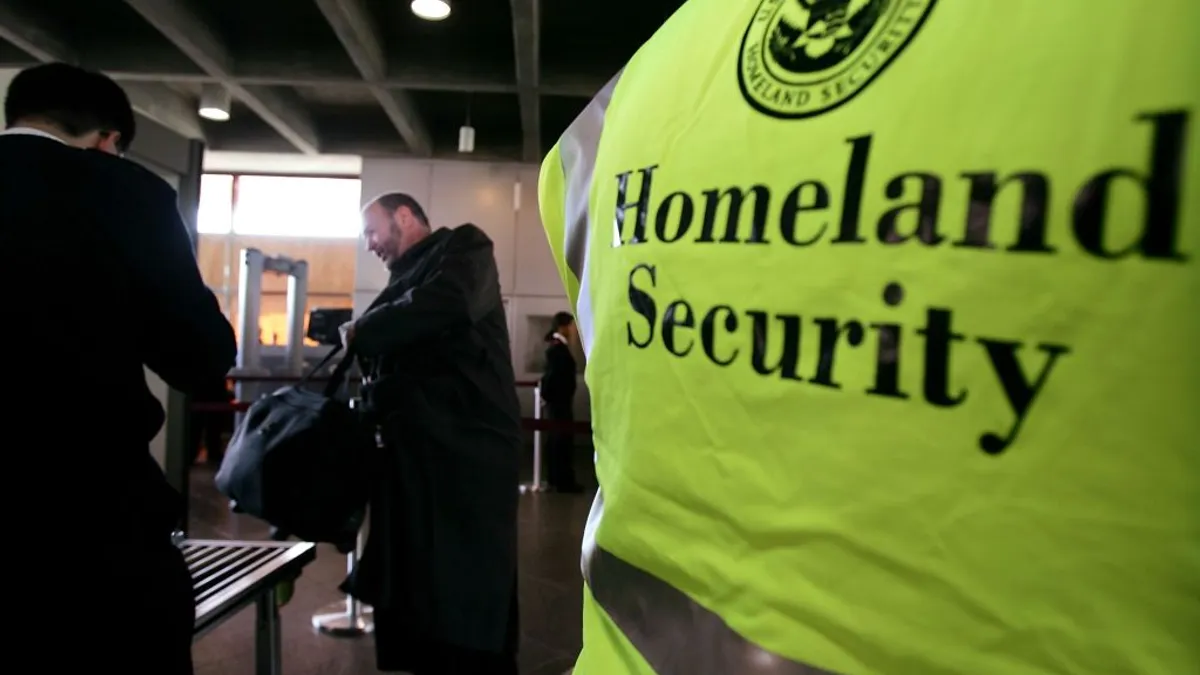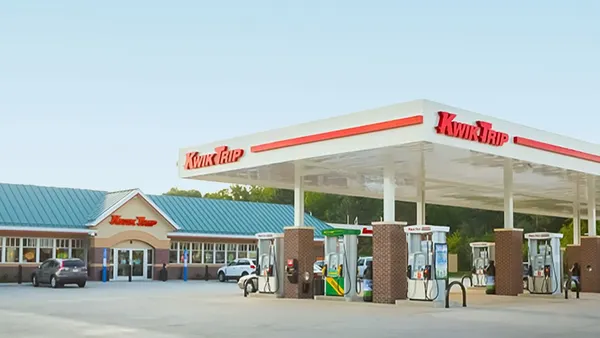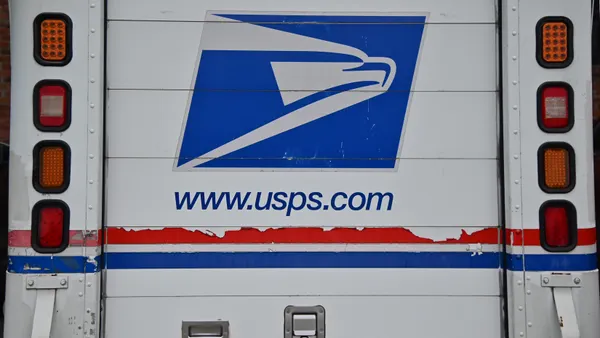Dive Brief:
- A joint temporary final rule published Tuesday by the Departments of Labor and Homeland Security made 22,000 additional H-2B non agricultural guest worker visas available to employers through the end of the second half of the 2021 fiscal year.
- The supplemental visas include 16,000 visas available only to returning H-2B workers from fiscal years 2018, 2019 or 2020, the agencies said, while the remaining 6,000 visas are reserved for nationals of the Northern Triangle countries: El Salvador, Guatemala and Honduras. As with prior, similar increases, the announcement will not affect the H-2B program in future years, according to a U.S. Citizenship and Immigration Services statement.
- U.S. employers that submit an attestation stating they will likely suffer irreparable harm if they cannot employ the requested H-2B workers before the end of the fiscal year, and that meet all other requirements, may file Form I-129 to seek additional H-2B workers, per the rule. DHS also will provide temporary portability flexibility, allowing H-2B workers already in the U.S. to begin work immediately after an H-2B petition is received by USCIS.
Dive Insight:
The update comes as U.S. immigration services continue to recover from the effects of the pandemic. In its latest update on April 30, the U.S. Department of State's Bureau of Consular Affairs said many embassies and consulates "continue to have a significant backlog of all categories of immigrant visas."
The bureau noted that the State Department has established a prioritization plan grouping visas into four tiers in order of priority; visa applicants in tiers three and four, the latter of which includes certain employment preference visas, "will face continued delays," it said.
H-2B visas were one of a group of visa programs impacted by the Trump administration's temporary suspension on the entry of certain visa holders into the country. The Biden administration allowed that suspension to expire on March 31.
Former President Donald Trump had approved temporary allotment of H-2B visas in recent years, including in 2019, when DHS and DOL issued a final rule adding an additional 30,000 visas to meet demand for seasonal workers. Despite an announcement from DHS in March 2020 that it would allot an additional 35,000 H-2B visas, the department said a month later that no additional visas would be released due to the effects of the coronavirus.
Employers operating in service-oriented industries are in particular need of H-2B visa holders, but the pandemic has severely impacted operations on this front, the Cape Cod Times reported May 3. The newspaper said travel restrictions, vaccination rollouts and the limited ability to host in-person interviews at embassies have all hampered the ability of local employers to rely on the H-2B program.













